The European Union’s behavior with the French proposal is mirrored by the events following the 2016 election and name change. The actors are different, but the script is the same. For tomorrow, when Macron’s proposal is planned to be voted on, it has been announced that the president of the European Commission, President Ursula von der Leyen, will pay a visit to Macedonia.
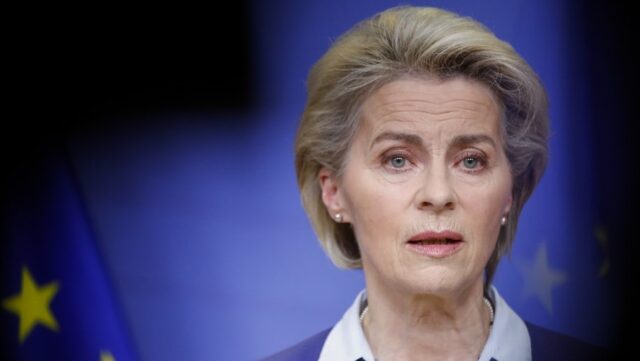
She will attend the parliamentary session while the proposal is being voted on in case things go in the wrong direction and one of the MPs does not vote.
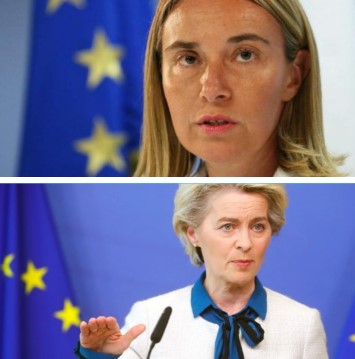
The EU does not want to leave anything to chance, and therefore all diplomatic forces are focused on passing the proposal, which everyone knows does not mean a date for the start of negotiations.
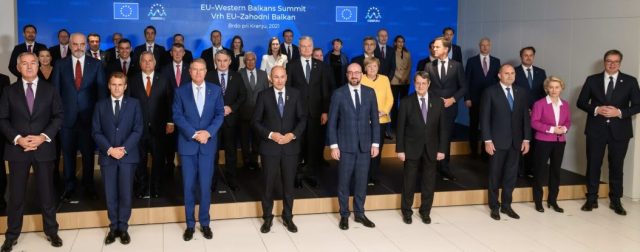
The EU desperately needs to show some success with Macedonia, even if it is with a solution that means negotiations until the end. Anyway, the future of the region will be in some kind of “second league” of the EU, in which Macedonia, Serbia, Kosovo and Bosnia will enter. Only maybe Montenegro will be pushed into membership in the next ten years and that’s it.
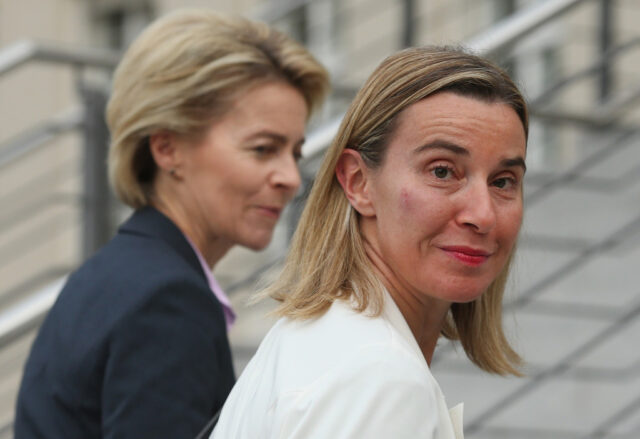
The previous composition of the European Commission wanted to show similar success with Macedonia. Then the EU supported the then opposition led by Zoran Zaev with all its might. Instead of von der Leyen in the main role was the high representative Federica Mogherini. She came to Macedonia to convince the then president to give Zaev the mandate to form a government even though he was defeated in the elections.
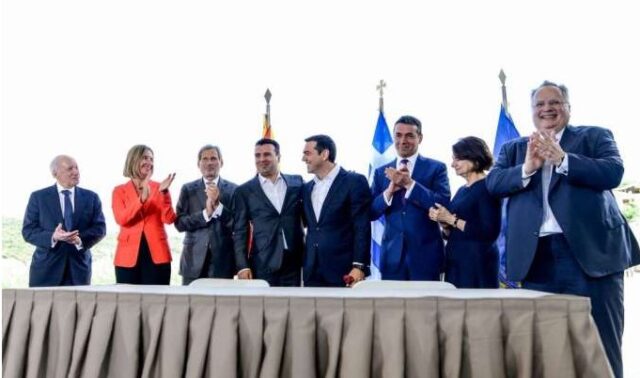
Moreover, Mogherini, as now von der Leyen, appeared in Nivici at the signing of the Prespa Agreement, which changed the constitutional name of Macedonia.

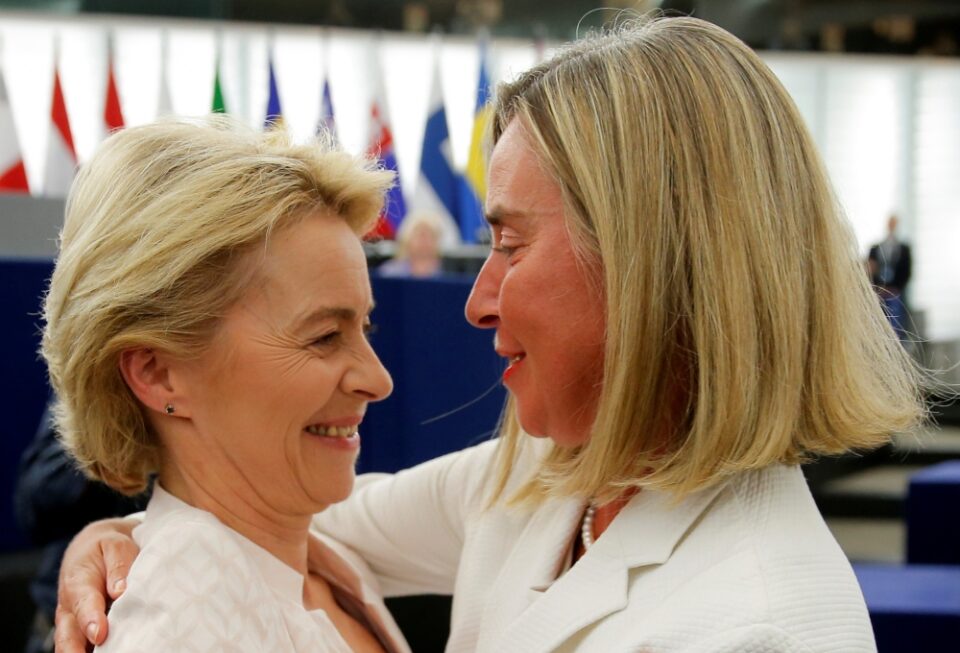



Comments are closed for this post.